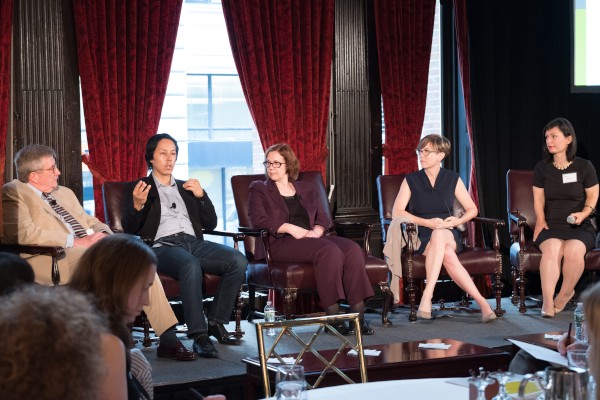Amazon offers a very useful marketplace for anyone in the publishing industry. That said, leveraging this platform to its full potential involves understanding how to take advantage of Amazon Marketing Services (AMS). Like advertising on Facebook, taking the time to learn about selling on Amazon and how it can help your business is important.
Like Google AdWords, AMS charges pay-per-click fees to help sellers reach potential customers. Using it effectively can have a major impact on your book sales.
The following tips will help you get started.
Requirements
Amazon requires users to have one of the following before they can access AMS:
A Vendor Central login
An Advantage Central login
A Vendor Express login
An invitation to represent a vendor
A Kindle Direct Publishing account
If you don’t yet have the right login or account, set one up before registering for the program.
First Steps
Once you’ve registered with AMS you can begin advertising your products. To do so, sign in to your account and find the “Advertising” link in the navigation toolbar. Click it, then click on “Create your first ad.”
However, it’s worth familiarizing yourself with the types of ads Amazon allows you to create before getting started on one.
Sponsored Product
This ad type is ideal if your goal is simply to boost sales. It allows vendors to choose a product, select keywords to ensure it appears in appropriate searches, and set a daily budget (the minimum is one dollar). Your sponsored product ad will then appear in searches. Best of all, Amazon only charges users for clicks their ads receive.
Headline Search
Headline Search ads are very similar in concept to Sponsored Product ads. They key difference is increased visibility. A Sponsored Product ad will appear on the bottom or right-hand side of a search results page. A Headline Search ad, on the other hand, will appear at the top of the page.
That said, increased visibility comes at an increased cost. The minimum budget for this type of ad is $100.
Product Display
Sponsored Product and Headline Search ads target customers via your chosen keywords. With Product Display ads, users can target customers based on interests by having their ads appear on pages for related items. The minimum budget for these ads is also $100.
Increase Sales with Amazon Marketing Services
Knowing how AMS works is important. However, once you understand the basics, it’s also important to learn how to leverage this service to actually increase sales. The following points explain how to maximize your return on investment:
Opt for Manual Targeting: You have two essential options when targeting customers with ad: automatic or manual. With the automatic option, Amazon analyses your book and targets customers based on said analysis. However, if you’re willing to research which keywords other authors like you have used effectively, you’ll get better results with manual. This option lets you choose your own keywords when targeting customers.
Test: There’s no universal answer to the question “Which type of ad is right for my book?” It varies on a case-by-case basis. Thus, it’s best to try different types of ads with low budgets first. Monitor the results for each to determine which is most effective. It’s also important to experiment with different keyword combinations.
Promote a Series: Do several of your titles belong to the same overall series? If so, you can leverage one to boost the sales of the others. Promote the first title in the series and revise your product description to ensure readers clearly know it is one of several books. Ads that yield sales for the book you’re promoting will also increase sales of other books in the series as a result.
Consider the Season: Seasonally-appropriate titles will often deliver better results if you promote them accordingly. For instance, if you’re considering running a campaign in October, and you have a book that relates to Halloween either directly (it takes place during the season) or indirectly (it touches on scary/supernatural topics), promoting that one instead of another title will boost your ROI.
Keep these best practices in mind as you get started with AMS. This service is valuable, but the value it offers will increase substantially if you know how to use it most effectively. These tips will help.
Ilan Nass is an experienced performance marketer with 7 years experience helping B2B and B2C companies grow. Spent 5 years running Taktical Digital, a paid social performance marketing agency. Skills include SEO, SEM, Content Marketing, Paid Social Ads and more





